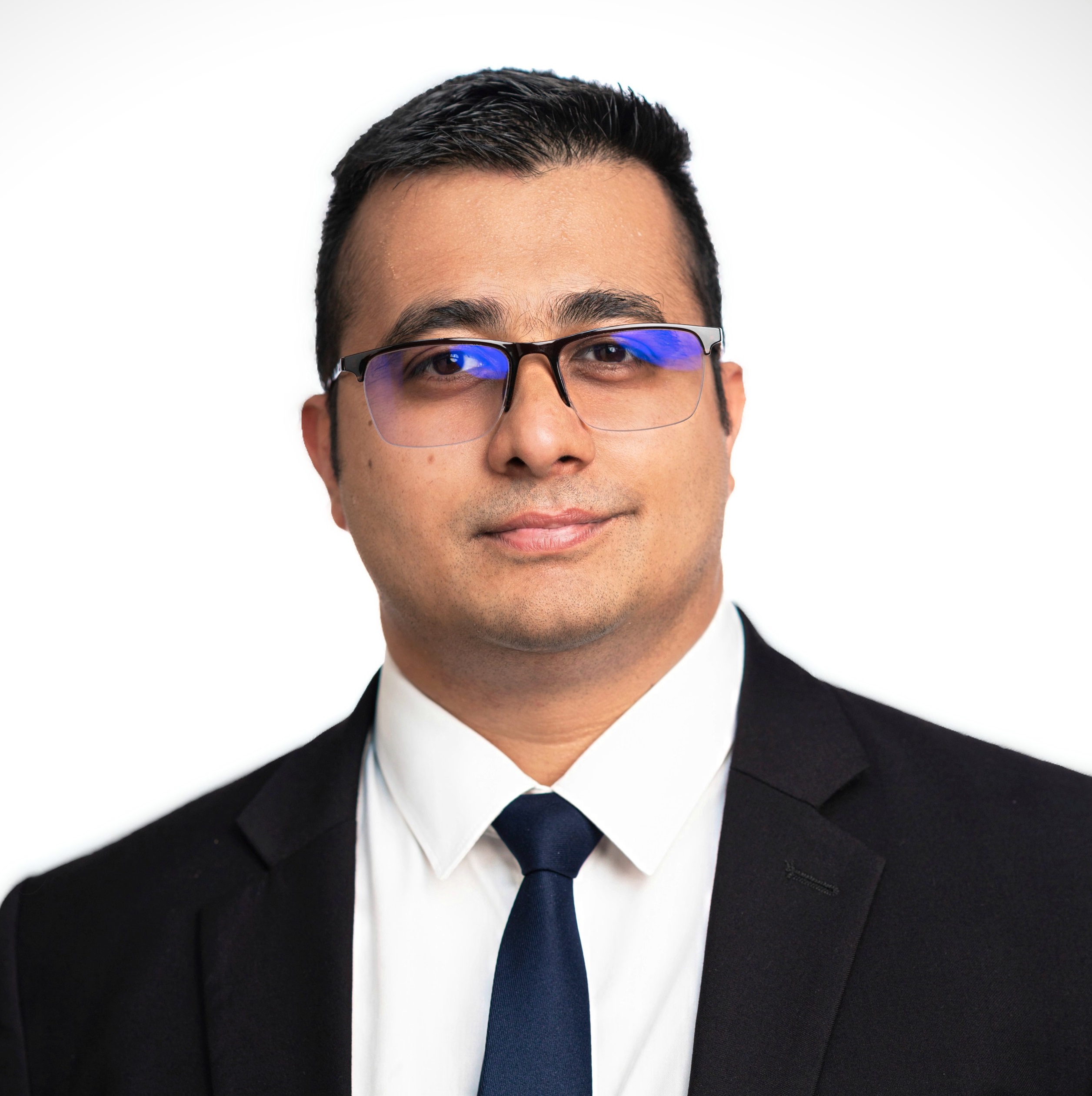
My Expertise
Energy Conversion and Storage Technology; Photovoltaic, Advanced Electronic and Photonic Materials; Quantum Dots and Two-Dimensional Materials.
Keywords
Fields of Research (FoR)
Electrochemical energy storage and conversion, Quantum optics and quantum optomechanics, Nanotechnology, Nanomaterials, Photovoltaic devices (solar cells)SEO tags
Biography
Dr. Ashraful Azam is a lecturer in the School of Materials Science and Engineering at UNSW Sydney. He earned his PhD in Materials Science and Engineering from UNSW in 2023. Dr. Azam’s research focuses on the development of advanced functional nanomaterials—particularly 2D materials and quantum dots—to drive innovation in renewable energy technologies. His interdisciplinary work spans the discovery of emerging nanomaterials and the...view more
Dr. Ashraful Azam is a lecturer in the School of Materials Science and Engineering at UNSW Sydney. He earned his PhD in Materials Science and Engineering from UNSW in 2023. Dr. Azam’s research focuses on the development of advanced functional nanomaterials—particularly 2D materials and quantum dots—to drive innovation in renewable energy technologies. His interdisciplinary work spans the discovery of emerging nanomaterials and the creation of cutting-edge solutions for a wide range of energy and optoelectronic applications, including solar cells, hydrogen fuel generation, batteries, smart windows, LEDs, and photodetectors.
He has built an impressive academic track record, publishing in leading journals, including Advanced Materials, Progress in Materials Science, ACS Nano, Nano Letters, ACS Applied Materials & Interfaces, and Journal of Materials Chemistry A. Dr. Azam also holds four patents (AU, WO, KR) and has secured four research grants from both industry and academic institutions. His strong engagement with industry is highlighted by a $1 million industry-linked project with a major global solar company to commercialize quantum-dot-enhanced solar cells. His work was also recognized with the UNSW Innovation and Engagement Award.
Dr. Azam brings broad experience from roles in both academia and industry. He has worked as a research scientist at the Korea Advanced Institute of Science Technology (KAIST), served as a project member of Australia’s National Graduate Innovation Forum, and federal council member of the Australian Ceramic Society. He has also collaborated extensively with industrial partners and research organizations, including JA Solar, BlueScope, BSRM, BITAC, LG Chem, the KAIST Institute, and ANSTO.
My Grants
-
Faculty Research Grant (2026).
-
Green To Global Industry Grant (2024-2026).
-
Faculty Research Grant (2025).
-
Ecan Seed Grant (2024)
My Qualifications
-
Ph.D. (Material Science and Engineering), University of New South Wales (UNSW Sydney), 2023.
-
Master of Science (Material Science and Engineering), Korea Advanced Institute of Science & Technology (KAIST).
-
Bachelor of Science (Materials and Metallurgical Engineering), Bangladesh University of Engineering and Technology (BUET).
My Awards
Awards and Memberships
-
UNSW Innovation and Engagement Award (UNSW Science Faculty).
-
Best Poster Award, CAMS 2022, Melbourne, Australia.
-
American Chemical Society Best Poster Award, NANO 2018 Hong Kong.
-
Best Poster Award, NANO KOREA 2017, South Korea.
-
Project Member, National Graduate Innovation Forum, Australia.
-
Federal Council Member, Australian Ceramic Society.
-
Research Training Program Scholarship (RTP), The University of New South Wales, Australia.
-
KAIST Scholarship, Korea Advanced Institute of Science and Technology (KAIST), South Korea.
-
Hong Kong Fellowship Scheme (2015/16), Research Grants Council (RGC), Hong Kong.
My Research Activities
Dr. Ashraful Azam is interested in the field of functional nanomaterials, particularly quantum dot materials for energy and optoelectronic applications. He is an expert in developing novel methods for synthesizing high-quality, mass-producible quantum dots. In light of this, Dr. Azam employs these quantum dots materials to design and fabricate high-performance catalysts for solar cells, lithium-ion batteries, and fuel cells to solve the global energy challenge. Dr. Azam is also interested in the optoelectronics field. He is currently focusing on quantum dot-based LED display technology development by harnessing the unique optical properties of these magic materials.
My Research Supervision
Areas of supervision
Nanomaterials and quantum dots.
This includes applications in photovoltaic, hydrogen generation, and optoelectronics.
Currently supervising
HDR Candidates: Pengzhi Xue, Jiawei Zong, Zhengfei Cao, and Chengkun Li.
HDR Graduated: Huaiyu Pan
My Engagement
My Teaching